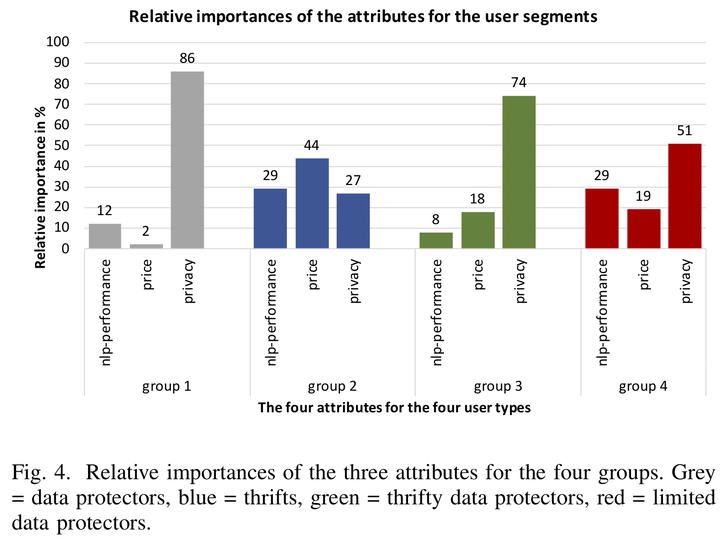Hey, Siri, Ok, Google, Alexa. Acceptance-Relevant Factors of Virtual Voice-Assistants

Abstract
Today, virtual voice-assistants are used for manifold purposes. Besides their promising potential, many users are concerned about their privacy and what happens to the data recorded by the voice assistant. It is not yet clear which factors contribute to the acceptance of voice assistants. To address this issue, we conducted a Choice-Based-Conjoint Analysis with three attributes and three levels each. Relating the well-known privacy-utility trade-off, we found out that not the price of a voice assistant is the most important factor for its acceptance, but privacy. Nevertheless the acceptance of voice assistance and the decision to use a voice assistant always depends on a combination of different factors, of which privacy seems to be most important. Besides, four different potential target groups of virtual voice assistants with different preferences could be identified. In the future, the user should be placed in the focus of research, since different configurations are probably desirable for each user.